Staying Hydrated: Safe Drinking Water Tips During A Hurricane
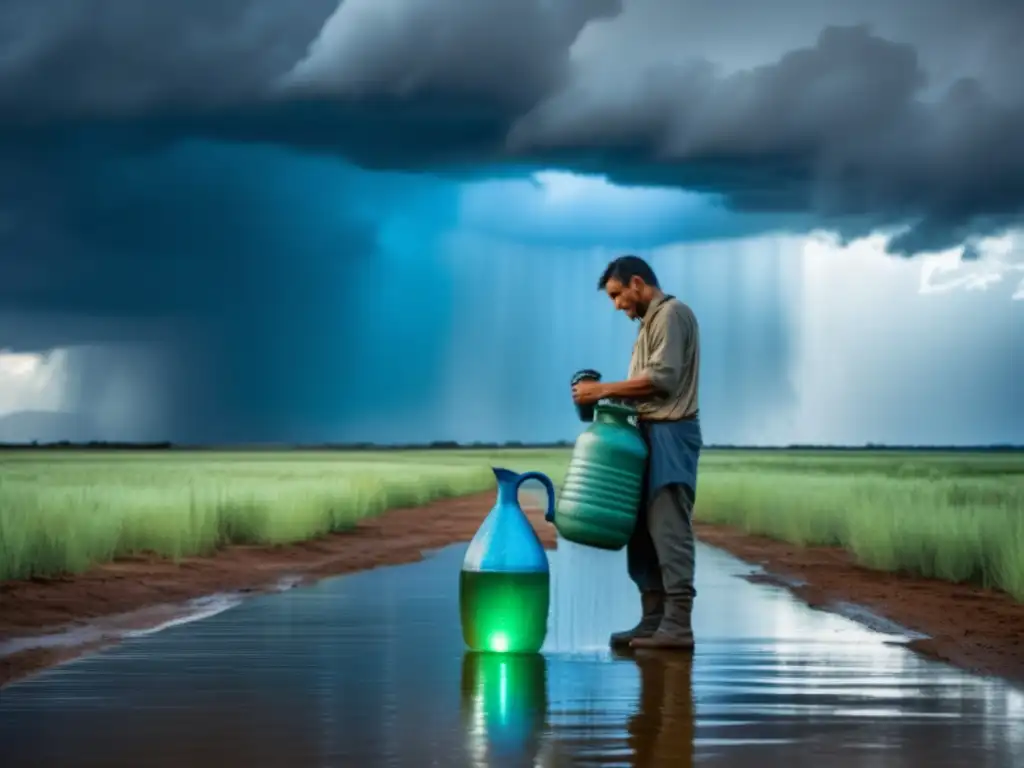
Staying Hydrated: Safe Drinking Water Tips During a Hurricane
Introduction
As hurricanes can cause severe damage to infrastructure and disrupt the water supply, it is crucial to know how to access and consume safe drinking water during and after a hurricane. Drinking contaminated water can lead to gastrointestinal diseases that can exacerbate an already vulnerable situation. Therefore, it is crucial to have knowledge of safe drinking water sources, storage methods, and purification techniques.
Safe Drinking Water Sources During a Hurricane
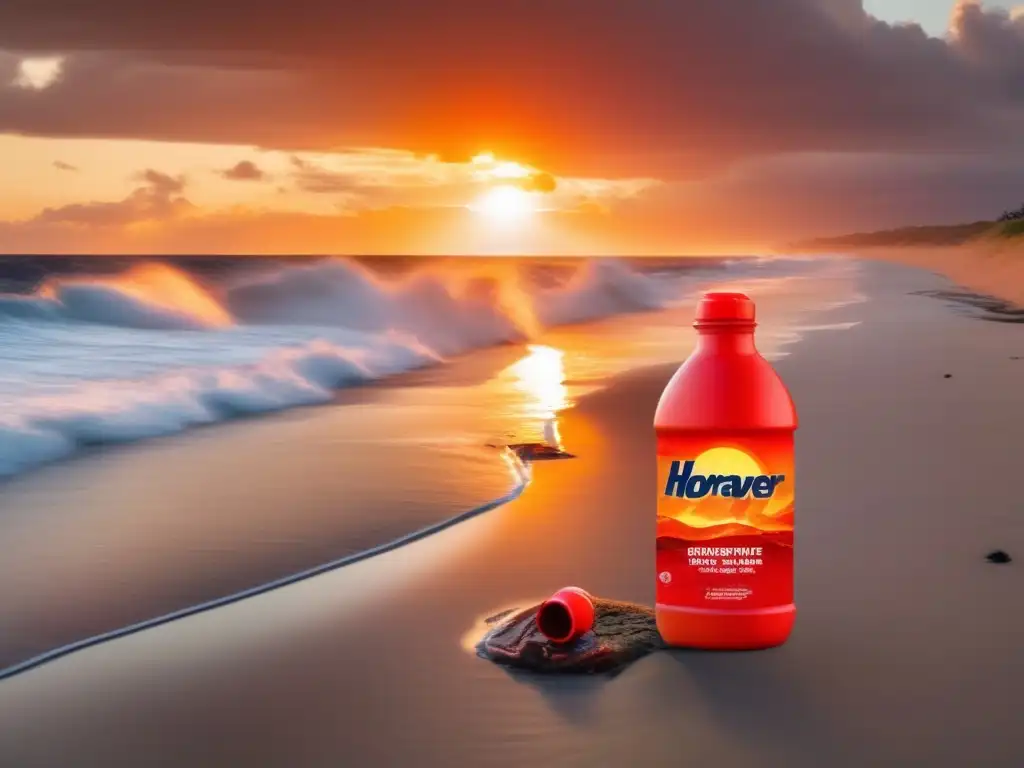
Tap Water
Drinking tap water during a hurricane is not advisable unless you have confirmed with your local authorities that it is safe to do so. In most cases, tap water may get contaminated with bacteria, viruses, parasites, and other contaminants during a hurricane, making it unsafe for consumption. Therefore, always listen to updates from the local government or local news sources before consuming tap water.
Bottled Water
Bottled water is the safest source of drinking water during and after a hurricane. Store enough bottled water to last at least three days per person. After a storm, it is important to check the seal and expiry date on the bottled water before consuming it. In addition to drinking, bottled water can be used for cooking, brushing teeth, and washing hands.
Municipal or Community Water Stations
In some cases, local authorities may set up community water stations to provide safe drinking water to the affected population. Municipal or community water stations may often be established in public places such as schools, parks, or community centers. If you are using community water stations, ensure you carry your own containers and follow proper hygiene practices.
Safe Water Storage Methods During and After a Hurricane
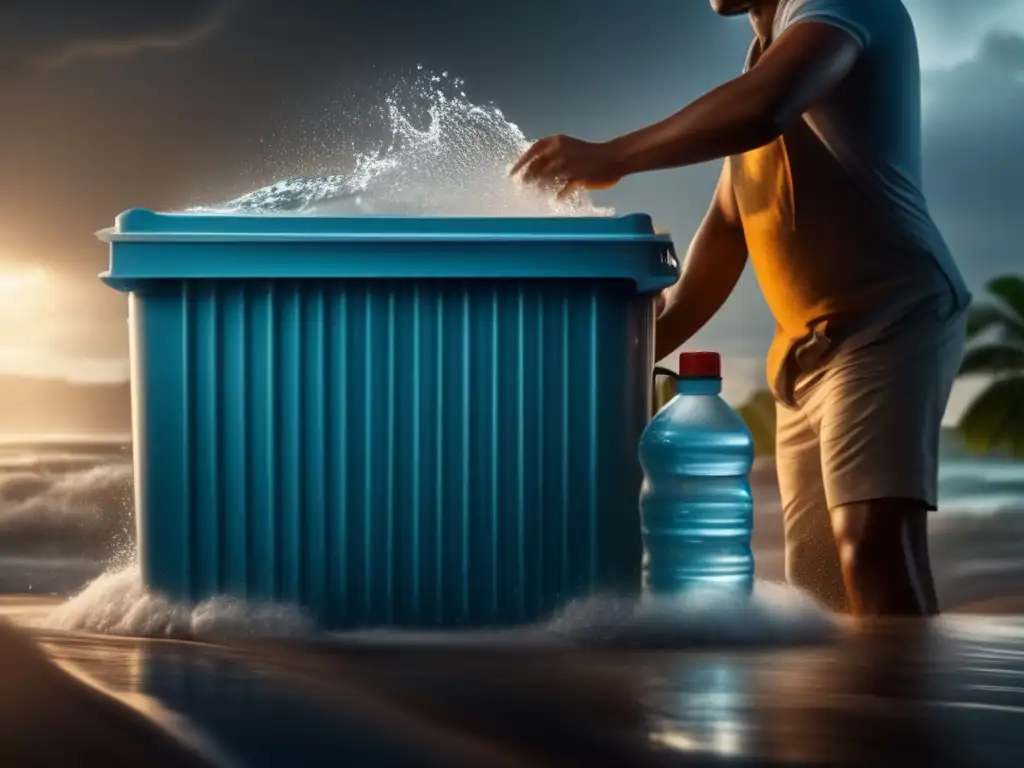
Sealed Containers
Store bottled water in sealed containers to prevent contamination of the water. Additionally, make sure that the containers have not been previously opened or tampered with before buying them. Store the sealed containers in a cool, dry place away from direct sunlight.
Clean Containers for Storing Water
If you plan to store tap water, make sure you use clean and sanitized containers. Rinse the container with soap and then sanitize it by rinsing it with a solution of one tablespoon of unscented household bleach per gallon of water. Fill the container to the brim, cover it tightly, and label it with the date of disinfection to ensure you know when it is safe to drink.
Purifying Water Methods During a Hurricane
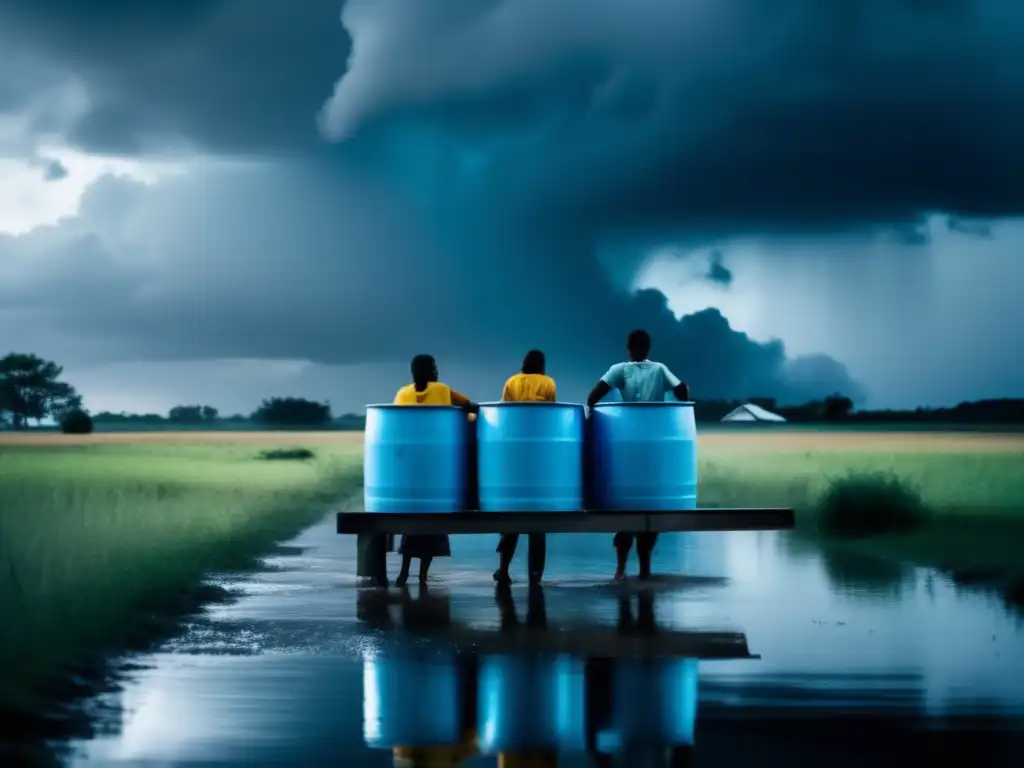
Boiling Water
Boiling is the most effective method of purifying water during a hurricane. Bring the water to a rolling boil for at least one minute to kill any bacteria, viruses, or parasites present. If you can't boil water, add eight drops of unscented household bleach (which contains about 5% sodium hypochlorite) to a gallon of water, stir it, and let it stand for 30 minutes before drinking.
Water Filters
Water filters can be effective in filtering out large particles and pathogens from tap or surface water but might not remove all of them. Make sure the filter is certified by a reputable organization such as NSF, which tests and certifies water filtration systems. When using water filters, always follow the manufacturer's instructions carefully to ensure their effectiveness.
UV Light Purification
UV light purification is a chemical-free method of water purification that uses ultraviolet light to kill microorganisms. UV light purifiers are an effective treatment in case of contamination by bacteria or viruses in affected water during a hurricane. Make sure to choose a product that meets the FDA guidelines.
Dehydration: Symptoms and Prevention
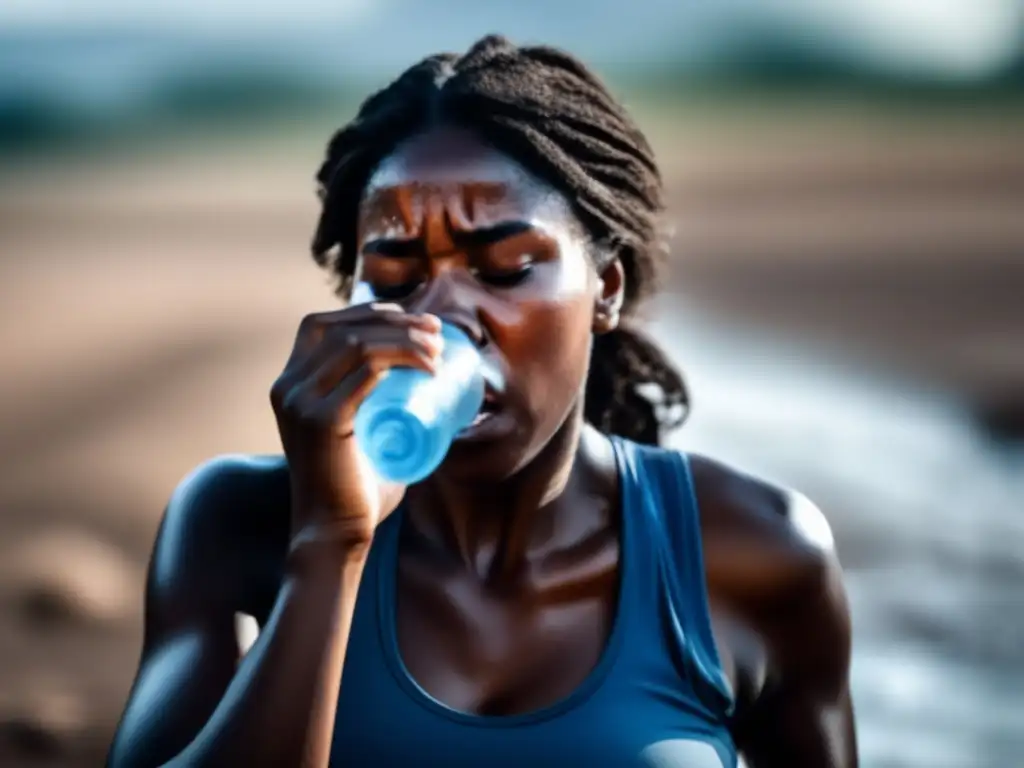
Symptoms of Dehydration
Dehydration is a serious concern during and after a hurricane since access to safe drinking water may be compromised. Symptoms of dehydration include dry mouth, fatigue, dizziness, headache, feeling thirsty, dark yellow urine, feeling faint, and confusion.
Prevention of Dehydration
To prevent dehydration, drink enough fluids, preferably water, at regular intervals. Avoid caffeinated drinks such as coffee, tea, and soda, as they can increase dehydration. Eat foods with high water content, such as fruits, vegetables, and broths. If you suspect dehydration, seek medical attention immediately.
Frequently Asked Questions

-
How much water should I store for a hurricane?
You should store enough water to last at least three days per person. Experts recommend storing one gallon of water per person per day.
-
Can I drink rainwater during a hurricane?
Rainwater can be contaminated with pollutants or debris picked up from the atmosphere or surfaces, and it's not safe unless treated properly. Boiling or distilling it is the best way to purify rainwater before drinking.
-
Can I use my hot water heater as a source of safe drinking water during a hurricane?
No. Hot water heaters are not a safe source of drinking water, even if the water has been heated. The water inside the hot water heater is not potable and can contain sediment, bacteria, or other harmful contaminants.
-
How long can I store drinking water?
Store drinking water in a clean, cool, and dry place away from direct sunlight. Replace stored water every six months to ensure it remains safe for consumption.
-
Are there any natural sources of safe drinking water during a hurricane?
Natural sources of water such as springs or groundwater can be contaminated by floods and debris, so they should not be considered safe drinking water sources during a hurricane. Always confirm with local authorities or expert sources about water safety before consuming any water during or after a hurricane.
Conclusion
Staying hydrated is essential during and after a hurricane, and access to safe drinking water is critical for survival. Knowing how to acquire safe drinking water, store it properly, and purify it when necessary can make a significant difference between health and illness during a crisis. Keep all these tips in mind to stay safe during a hurricane and other natural disasters.
Staying educated about hurricanes and their impact is important for those living in hurricane-prone areas and the general public. It is essential to follow the official guidelines and updates from local government sources to ensure that you are prepared and safe during a hurricane. Share this article with your friends and family to spread awareness and encourage positive engagement with HurricaneInsider.org.
Additional Resources
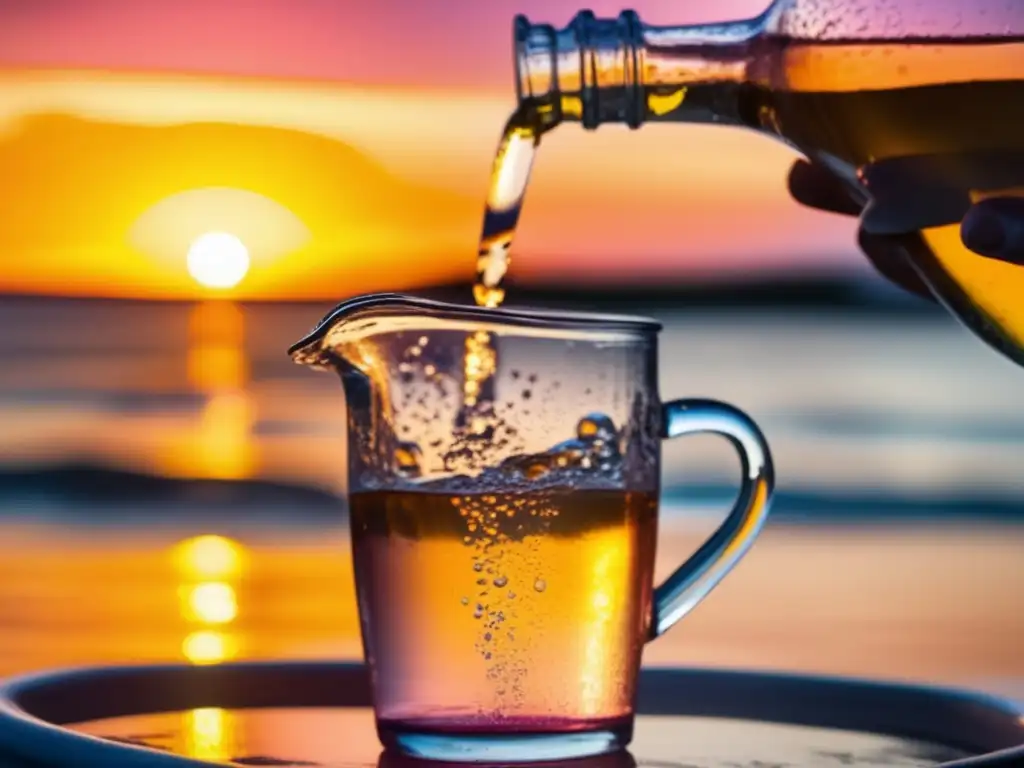
- CDC- Safe Drinking Water Tips before, during, and after a Storm
- FEMA- General emergency water information
- WHO Guidelines for Drinking-Water Quality
 Mindfulness Techniques To Stay Calm During A Hurricane
Mindfulness Techniques To Stay Calm During A Hurricane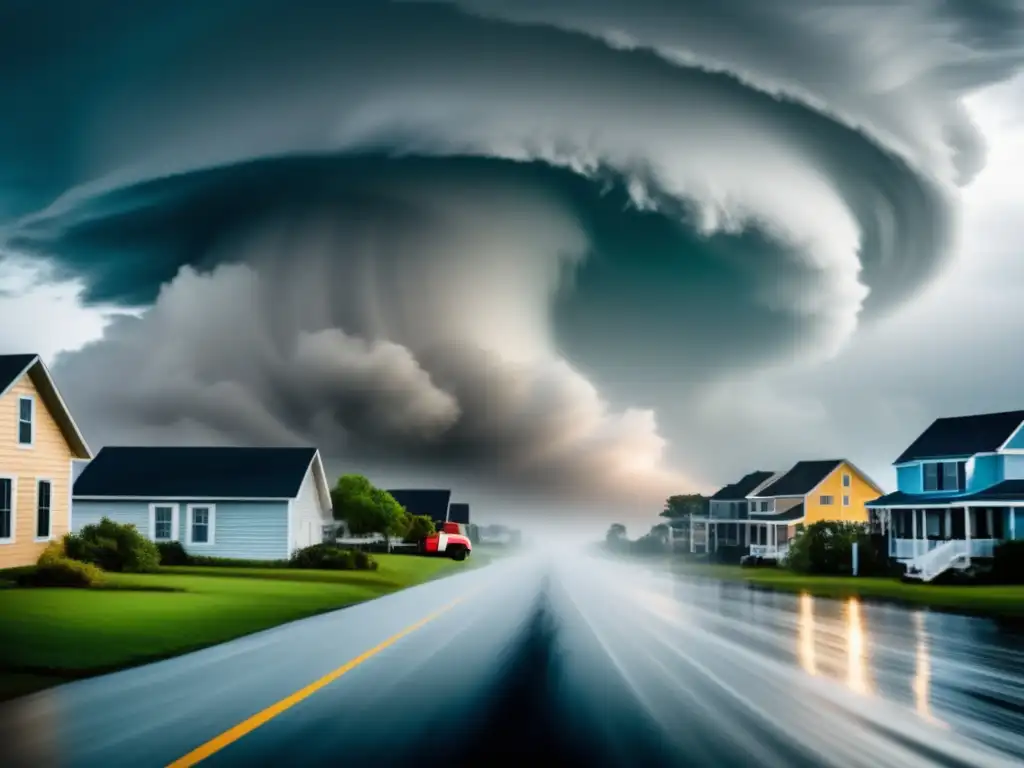 Creating A Makeshift First Aid Kit During A Hurricane
Creating A Makeshift First Aid Kit During A Hurricane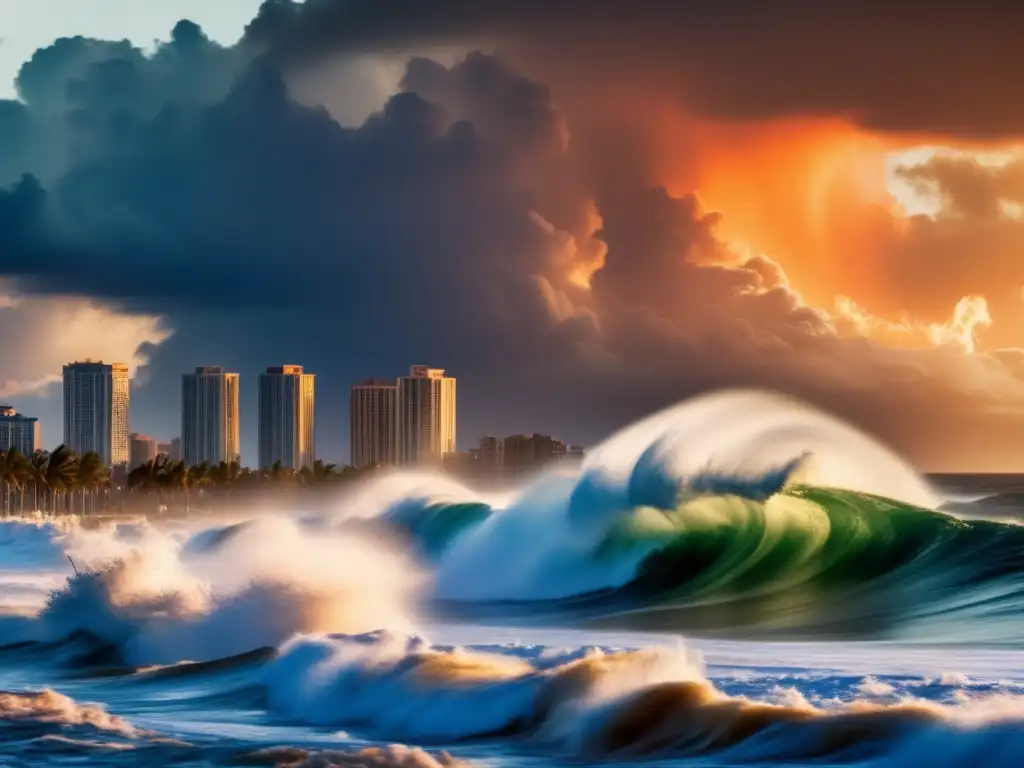 Long-Haul Storms: Staying Prepared For Prolonged Hurricanes
Long-Haul Storms: Staying Prepared For Prolonged HurricanesIf you want to discover more articles similar to Staying Hydrated: Safe Drinking Water Tips During A Hurricane, you can visit the During the hurricane: category.
Leave a Reply

Articulos relacionados: